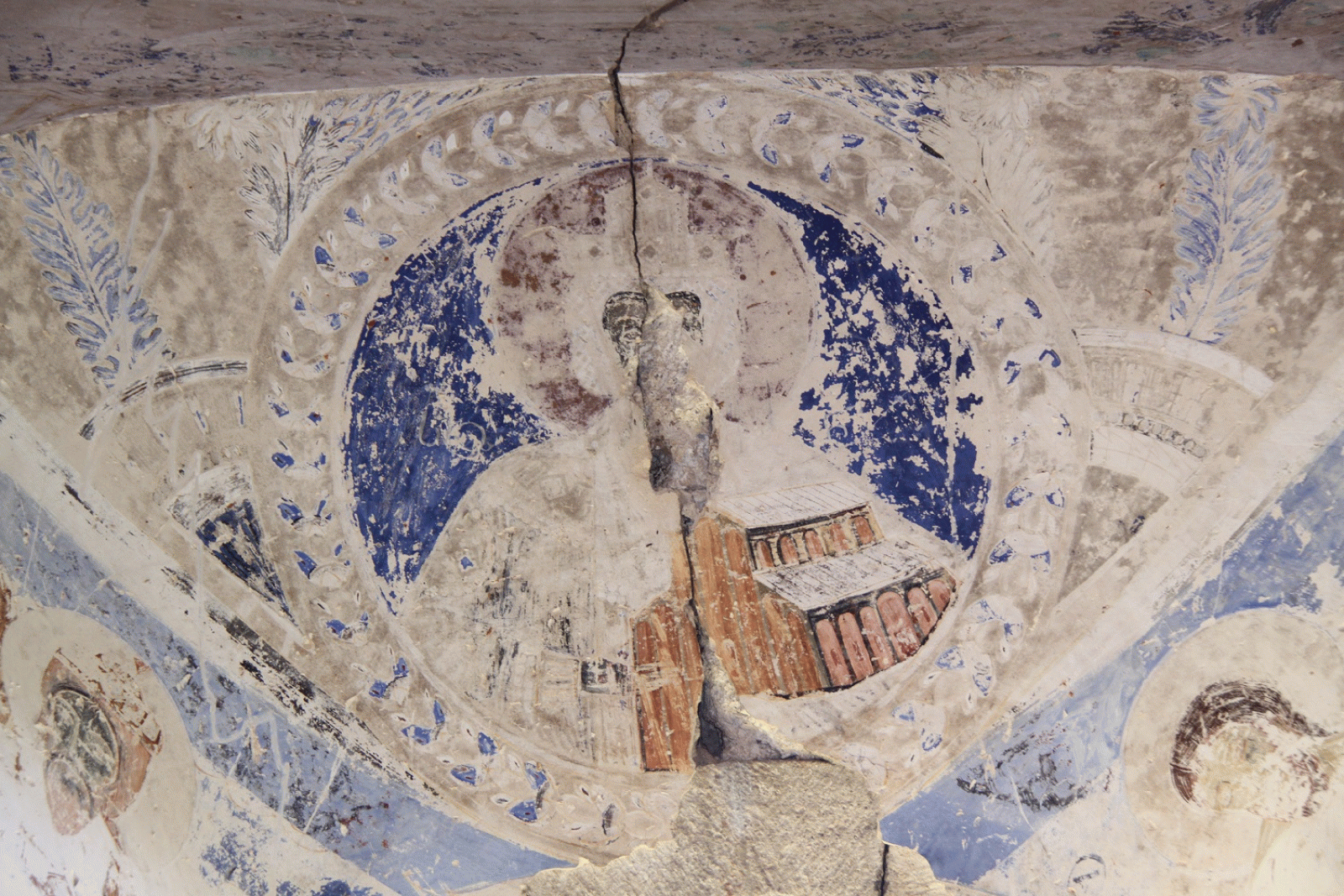Georgia Project Lecture Series
Michele Bacci:
Locating and Constructing New Zions in the Medieval South Caucasus
Aesthetics, Art, and Architecture in the Caucasus Lecture Series Part II
In collaboration with the George Chubinashvili National Research Centre for Georgian Art History and Heritage Preservation

In early Medieval Georgia and Armenia, the multi-layered symbolism associated with the "Holy Zion"-notion came often to be associated with distinctive, site-bound religious phenomena, such as church and altar dedications, liturgical rites, and monastic settings. The present paper investigates the extent to which the visual, spatial, and performative evocation of Jerusalem's Zion as an archetypal church mount – or mount church – both had an impact on the shaping and decoration of sacred spaces and informed the monks' view of their special relationship with the surrounding natural environment.
Michele Bacci (Ph.D., Scuola Normale Superiore, Pisa, 1999) is Professor of Medieval Art at the University of Fribourg, Switzerland, and a member of the Academy of Europe. He is the author of numerous studies on the artistic and cultural interactions in the Medieval Mediterranean and beyond, as well as on the history of the religious practices associated with cult-objects and holy sites. His books include Il pennello dell’Evangelista (1998), Pro remedio animae (2000), Lo spazio dell’anima (2005), San Nicola il Grande Taumaturgo (2009), The Many Faces of Christ (2014), and The Mystic Cave. A History of the Nativity Church in Bethlehem (2017). His new book – Veneto-Byzantine Interactions in Icon Painting (1280-1450), in Greek – has been recently published by the Academy of Athens (2021).
31 May 2022, 3:00pm
This event will take place online.
To participate please register in advance via Zoom: https://zoom.us/meeting/register/tJwuc--opzIoEt0yJPcGOWR3kmJnkLM-A5QM
After registering, you will receive a confirmation email containing information about joining the meeting.
Notice
This event will be documented photographically and/or recorded on video. Please let us know if you do not agree with the Kunsthistorisches Institut in Florenz using images in which you might be recognizable for event documentation and public relation purposes (e.g. social media).


